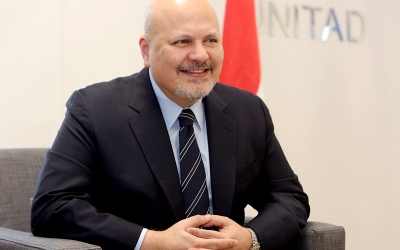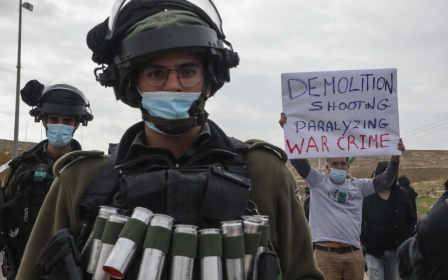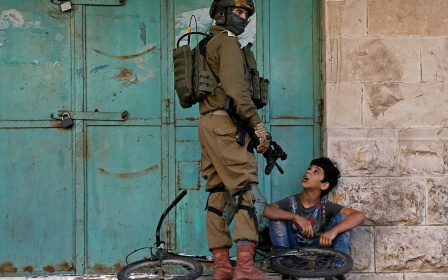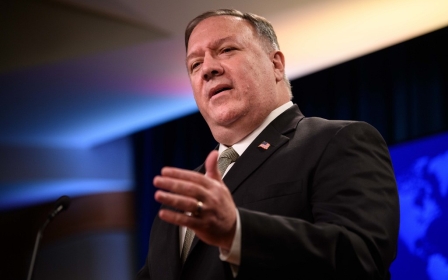Biden faces growing pressure to lift Trump's sanctions on ICC prosecutors
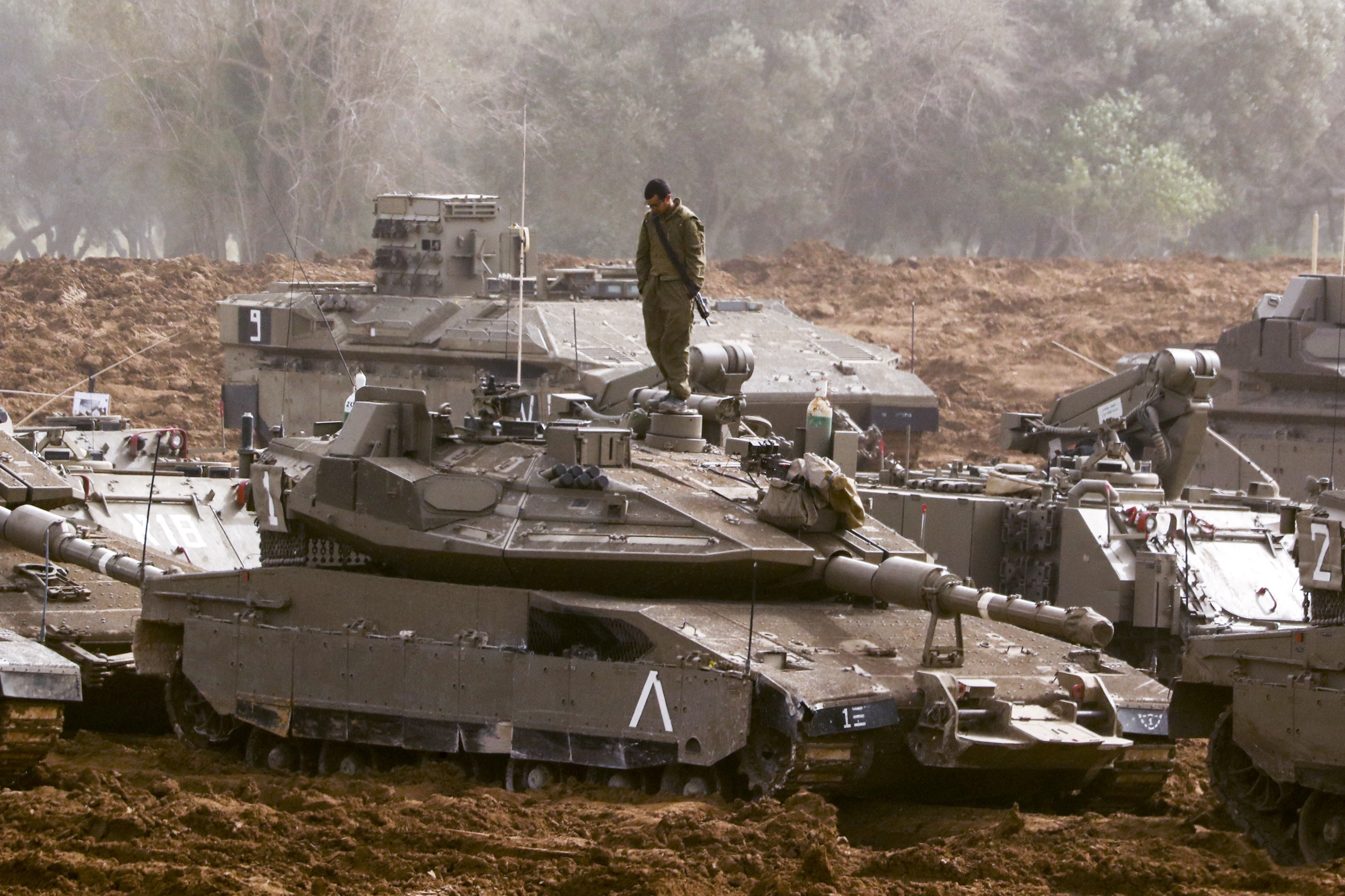
US President Joe Biden faces mounting pressure to lifting sanctions on war crimes prosecutors at the International Criminal Court (ICC) as Israel lobbies to keep them in place.
Then-president Donald Trump imposed sanctions on ICC prosecutors after they decided to open investigations into suspected war crimes in Afghanistan and the Palestinian territories.
Trump's sanctions included visa restrictions on the ICC officials' families and a vow to launch a counter-investigation into corruption in the international court.
But despite disagreeing with the ICC's move to open the investigations, the US State Department had vowed to lift the sanctions after Biden was sworn into office.
A month later, no movement has been made to lift the sanctions.
Earlier this month, dozens of academic institutions, faith groups, and human rights organisations urged Biden to lift the sanctions and described them as an "unprecedented attack on the court's mandate to deliver justice".
The signatories, which included Human Rights Watch and Reprieve, dubbed the sanctions as "an abuse of the US government's financial powers... and those who engage with the court, including human rights defenders and victims".
"Keeping in place the executive order authorising sanctions would be inconsistent with the new administration's laudable commitment to maintain or even expand the sanctions put into place by the Trump administration in June 2020 currently targeting the court's work," the statement added.
Last December, when Israeli Prime Minister Benjamin Netanyahu spoke with Biden, he asked the US president to keep the sanctions in place, according to a report published in Axios.
Legal sources also confirmed to the Guardian that Netanyahu had made the request.
Neither Israel nor the United States are signatories of the Rome Treaty, which established the ICC, but Afghanistan and Palestine are.
Legal scholars who spoke to the Guardian fear the sanctions will hinder any possible investigation of atrocities perpetrated by both sides of each conflict and make investigators more compliant with the US to avoid sanctions on themselves.
Jurisdiction to investigate in Palestine
Earlier this month, the ICC confirmed that it had jurisdiction to investigate possible war crimes in the occupied Palestinian territories.
The investigation would cover suspected crimes perpetrated by Israel and Hamas.
"Palestine has... agreed to subject itself to the terms of the ICC Rome Statute and has the right to be treated as any other State Party for the matters related to the implementation of the Statute," the ICC said in a statement.
Palestinian Prime Minister Muhammad Shtayyeh welcomed the decision, calling the ICC ruling "a victory for justice and humanity". He also called on the court to "speed up its judicial procedures" regarding Palestinian cases.
Netanyahu lambasted the ruling.
"As prime minister of Israel, I can assure you this: we will fight this perversion of justice with all our might," he said in a statement on Saturday.
"This is pure anti-Semitism."
The scope of the ICC's jurisdiction would include Israel's settlements in the occupied West Bank, considered illegal under international law.
The Geneva Conventions state that an occupying power cannot legally transfer part of its population into the territory it is occupying, and the International Court of Justice in 2004 issued an advisory opinion saying that Israel had breached its obligations under international law by establishing settlements.
Israel has firmly rejected any ICC jurisdiction over its citizens. The move has also been contested by the US, Israel's closest ally, which said it had "serious concerns about the ICC's attempts to exercise its jurisdiction over Israeli personnel".
Middle East Eye delivers independent and unrivalled coverage and analysis of the Middle East, North Africa and beyond. To learn more about republishing this content and the associated fees, please fill out this form. More about MEE can be found here.


